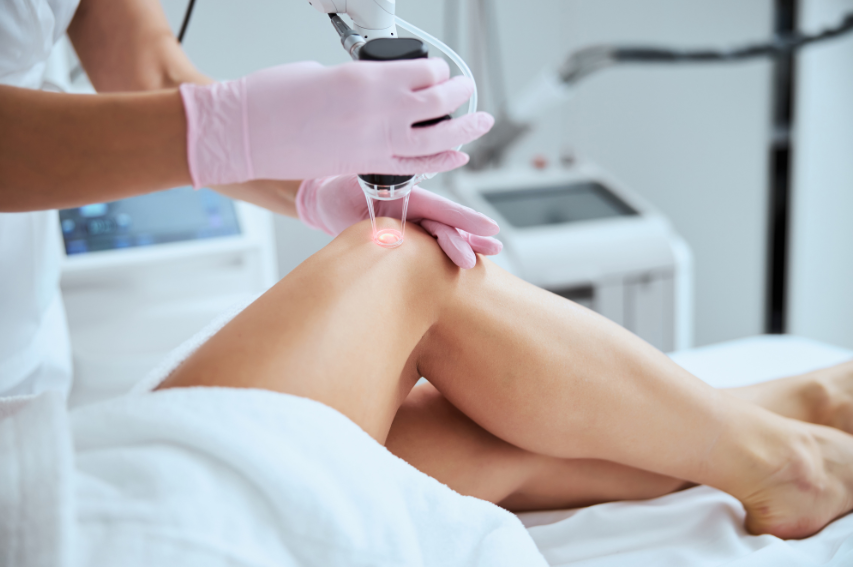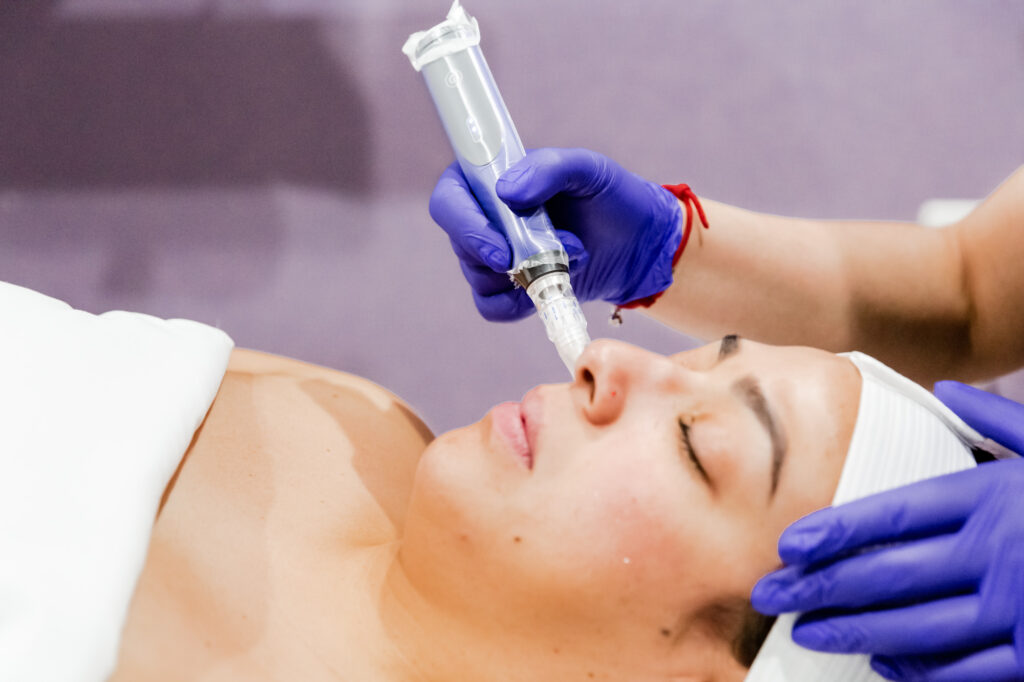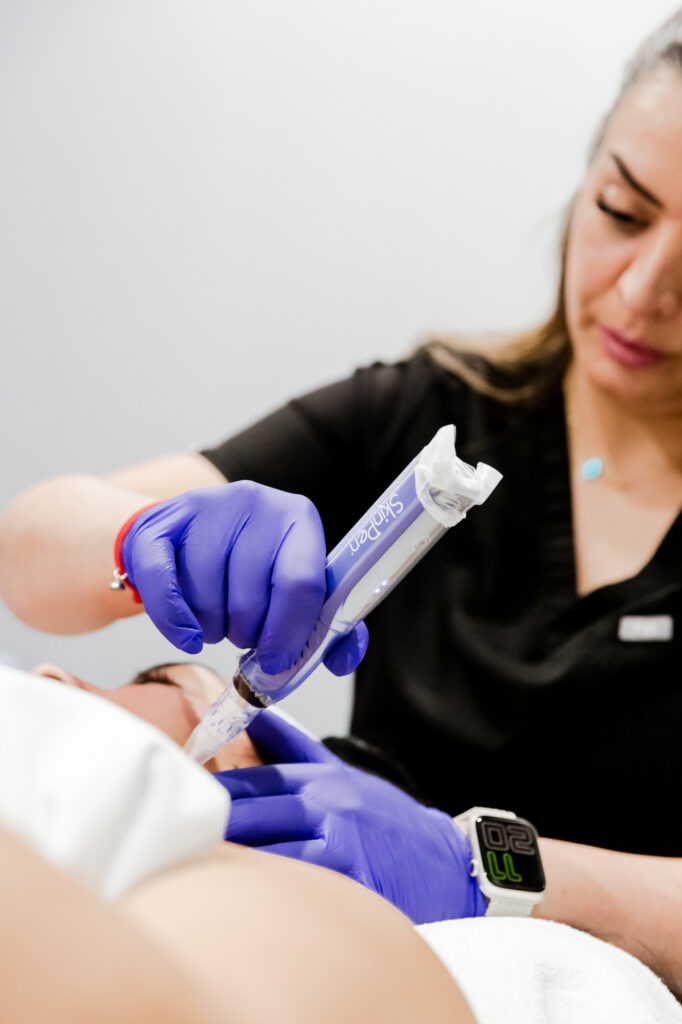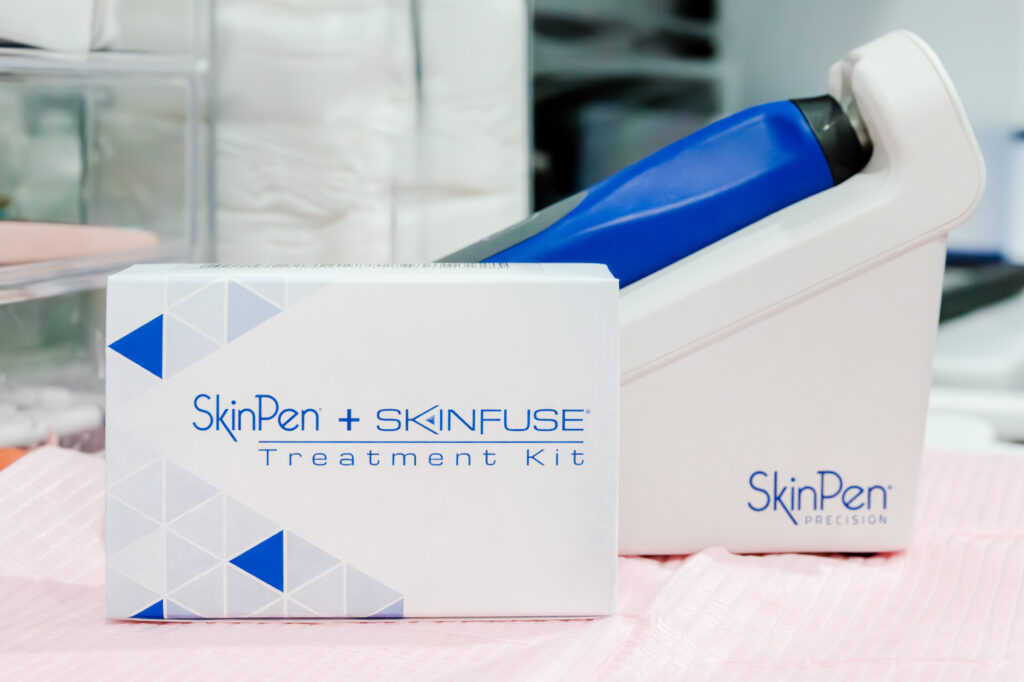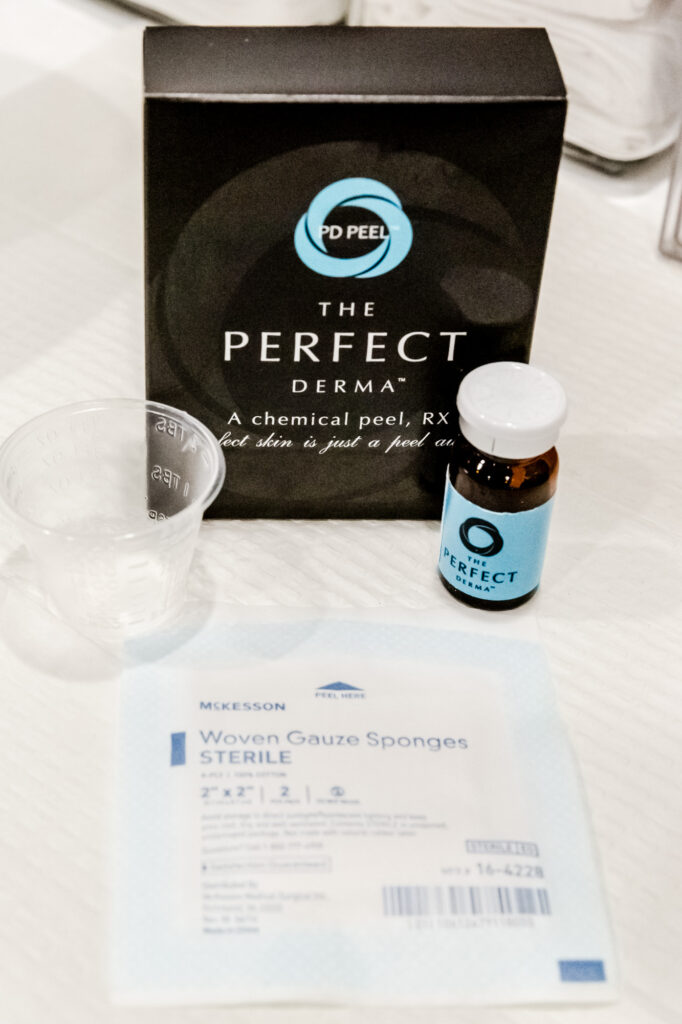Understanding Allergies
Allergies happen when your immune system reacts to harmless substances, such as pollen, dust, or certain chemicals. These triggers, known as allergens, can cause symptoms ranging from mild irritation to severe reactions. We provide comprehensive care at Dermestetics in Gainesville, VA, to identify and control allergies, enhancing quality of life and relief.
Types of Allergies
- Contact Allergies : Contact allergies appear when your skin reacts to allergens like metals, fragrances, or chemicals. Symptoms involve redness, itching, and sometimes blistering. Common triggers:
-
- Nickel
- Personal care products contain fragrances
- Certain fabrics or dyes
- Dust Allergies : Dust mites, pet dander, and mold are common indoor allergens. The symptoms include sneezing, runny noses, and watery eyes, which often worsen in enclosed spaces.
- Food Allergies : This allergy, caused by certain foods, can cause symptoms ranging from mild hives to serious reactions like anaphylaxis. Common culprits include nuts, shellfish, and dairy.
- Seasonal Allergies (Hay Fever): Triggered by pollen and other outdoor allergens, symptoms, including sneezing, nasal congestion, and itchy eyes, often peak during spring and fall.
- Animal Allergies: Reaction to proteins found in animal dander, saliva, or urine. Common symptoms include sneezing, nasal congestion, and itchy skin.
Patch Testing for Allergies
Patch testing is a diagnostic procedure for detecting specific allergens that cause contact allergies. During this test, small amounts of potential allergens are applied to your skin. These patches remain in place for 48 hours, after which our team will analyze the results to pinpoint triggers.
Why Patch Testing is Important
- Identifies allergens accurately
- Helps customize your treatment plan
- Prevents recurring allergic reactions
How We Treat Allergies
Step 1 : Comprehensive Consultation
- Review of medical history and symptoms
- Detailed discussion of possible triggers
- Physical examination to assess affected areas
Step 2: Diagnostic Testing
- Patch Testing: Focused on contact allergens
- Skin Prick Testing: Identifies food and environmental allergens
Step 3: Personalized Treatment Plan

We provide the following services based on your test results:
Complementary Treatments
To enhance allergy management:
Preventive Tips for Allergy Relief
- Minimize Exposure : Use allergen-proof bedding and close windows during high pollen seasons.
- Skin Protection : Choose fragrance-free and hypoallergenic skincare products.
- Regular Cleaning : Vacuum your home frequently to keep it dust-free.
- Maintain Humidity Levels : Use a dehumidifier to prevent mold growth.
- Keep Track of Symptoms : Identify patterns to understand triggers better.
Get Started
Ready to identify and manage your allergies?


